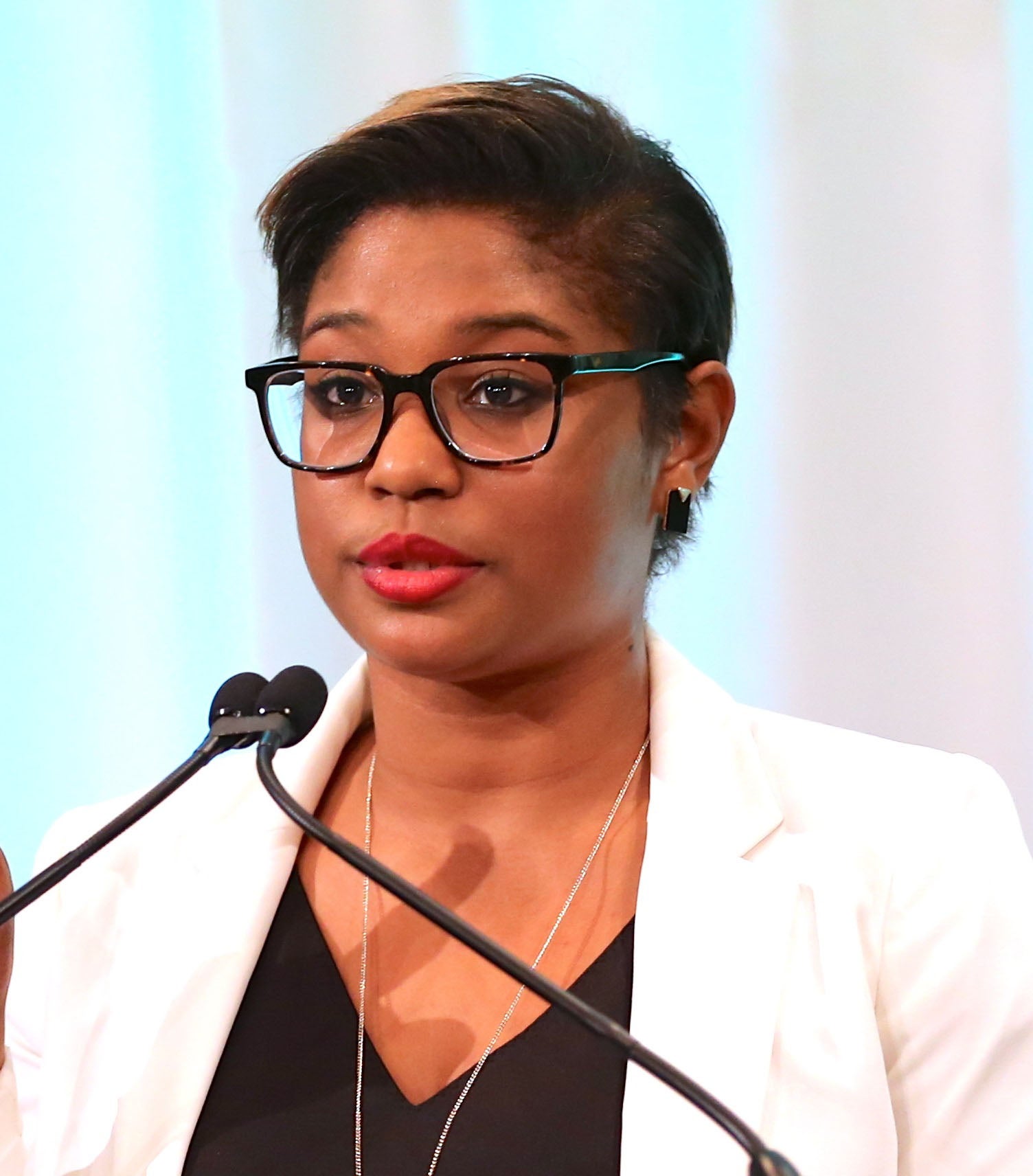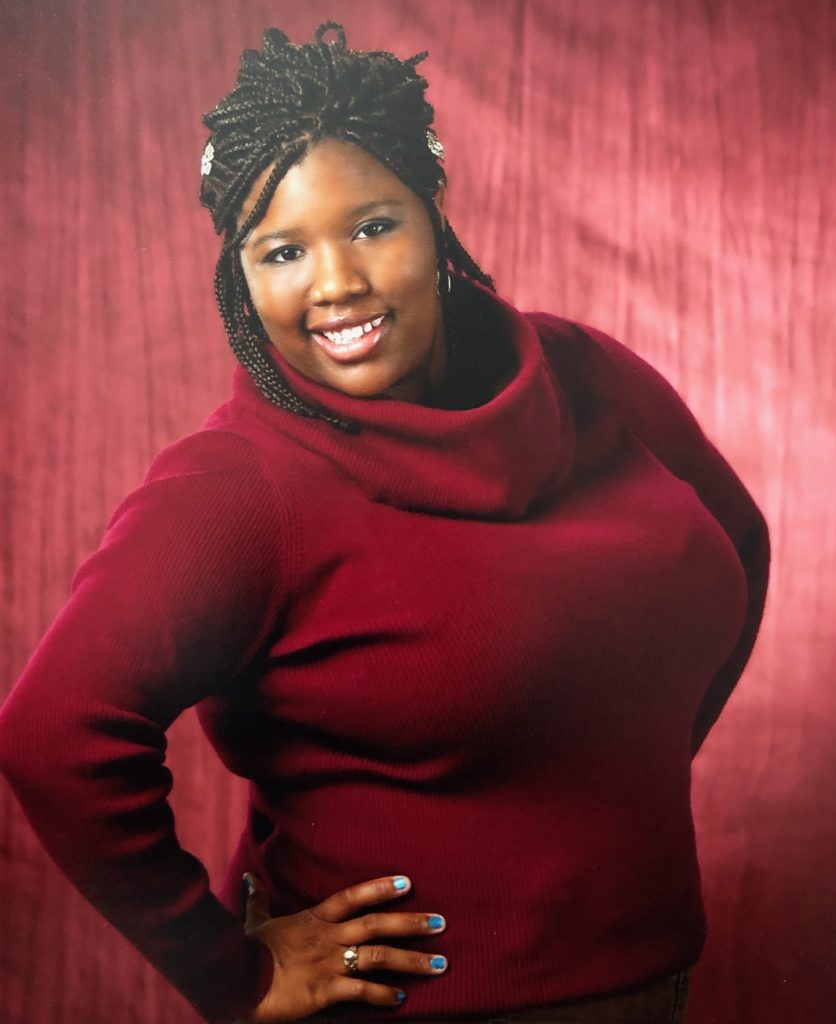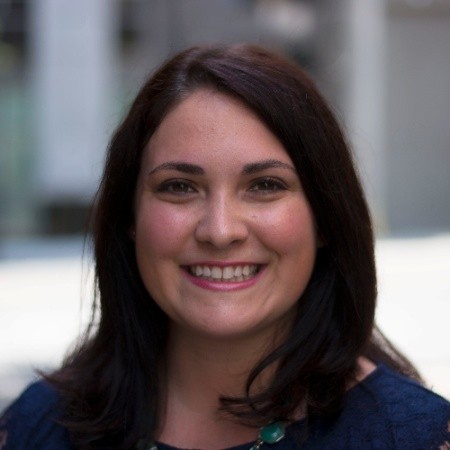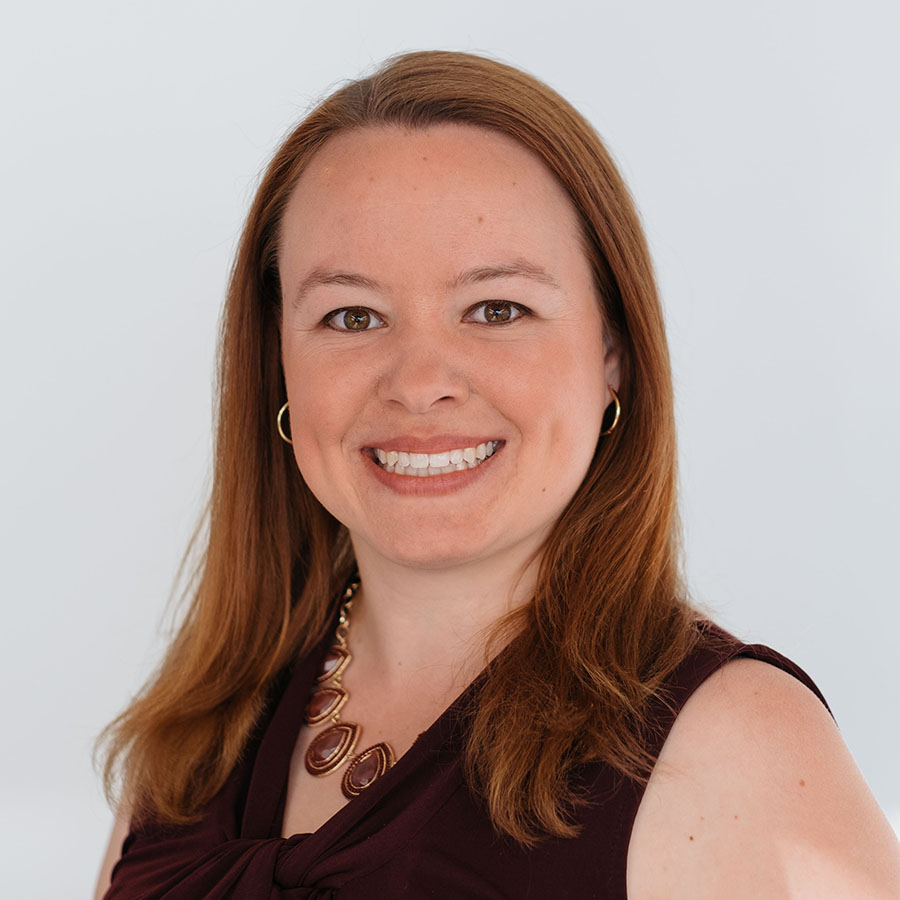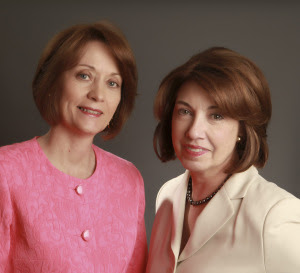Tackling Transition: WWPR’s Co-President Danielle Veira Offers Six Tips When Starting a New Job
Back-to-school season comes with the excitement of new notebooks and fresh erasers as well as the fear of not making friends or clicking with one’s teachers. Similar to students starting the school year, professionals beginning a different job grapple with how best to integrate into their new communities.

WWPR Member
The question of how to gracefully leave one professional community behind and step into another particularly interests me since I will bid farewell to my work family at a government agency in D.C. and begin a new role at a marketing firm in Paris on October 1st.
I’m gonna be real right now – I’m nervous. I fear I won’t sufficiently wrap up my projects at my current job or train those filling my gap. I fear I will not excel in my new job. I fear I will be unable to sustain the friendships I’ve formed the past two years in D.C. or find as great of friends in my new city.
Although many fantastic resources on personal and professional transitions exist at our fingertips – such as Psychologist Susan Krauss’s ten tips or Michael D. Watkins’s The First 90 Days – I decided to seek advice from WWPR’s talented Co-President, Danielle Veira. Lucky for us, Veira recently navigated her own professional transition and has wisdom to share from it.
After over a decade in Washington, D.C., Veira took the plunge and moved to Chicago to begin the position of Director of Communications and Engagement at A Better Chicago. She left behind her friends, the condo she had bought, and her dream job at the American Diabetes Association in D.C. to embrace her next professional opportunity.
Having moved from one city to another and having effectively transitioned between five jobs throughout her career, Veira offers the following advice to those embarking on professional transitions of their own:
1. Take your time finding your next role
Veira took her time finding her new position. She said, “Before accepting a new position, you have to think holistically about your professional upward mobility and how the new role builds upon such momentum. Plus, you must consider your personal brand and emotional needs.”
2. Work with your current team to make your departure smooth
Veira suggests that individuals write exit memos before leaving a job so that the current team may carry the torch. In addition, she recommends that one keeps the line of communication open with previous coworkers once departing should coworkers need advice on certain elements of their position or have any other relevant questions.
3. Consider how your new employer may ease your transition
Veira began her new role boldly: She asked if she could work remotely for a few months before beginning at the Chicago office since she needed to find a renter for her condo, a new place in Chicago, and move a decade worth of her life. Additionally, she negotiated to spend a week in Florida consulting for the ADA in the press office at their annual Scientific Sessions in order to make sure the team she was leaving had sufficient support so soon after her departure. She explained, “You have to be confident that you are the best fit in your new role and ask for what you need to best contribute to the team once you arrive.” In Veira’s case, she needed the comfort that she could transition to a new city as smoothly as possible and had not left her previous employer in the lurch, in order to fully invest in her new position.
4. Meet the ENTIRE team
Veira raved about her onboarding experience at A Better Chicago. As part of the process, she has met people from and learned the missions of all departments of the organization. She noted that thoroughly understanding each element of the organization will help her to successfully communicate prepare communications about the org. Even if our onboarding programs are less thorough than the one at A Better Chicago, Veira recommends that we meet colleagues from all sections of an organization so that we may fully understand it, particularly as communicators who need to synthesize and translate what the organization does to a broader audience. Getting those one-on-one conversations happening immediately will help you jump right into action in your new role.
5. Meet friends of friends in your new city
Despite being a long way from D.C., WWPR’s influence still reaches Chicago. Several of Veira’s friends at WWPR have connected her with friends they know in Chicago. Veira looks forward to reaching out to setting up coffee dates with them once she settles into the city.
6. Join common interest organizations
Veira asserts that joining common interest organizations helps her to broaden her social and professional circles. She has already joined ColorComm, an organization for women of color in communications, and Public Relations Society of America, the largest professional society for the communications community. For those moving to a new city or seeking to meet new people, consider interest areas and join corresponding organizations.
Although undergoing professional transitions comes with challenges, following in the footsteps of WWPR members who have paved the way – and reaching out to them for support – can help us to overcome them.
